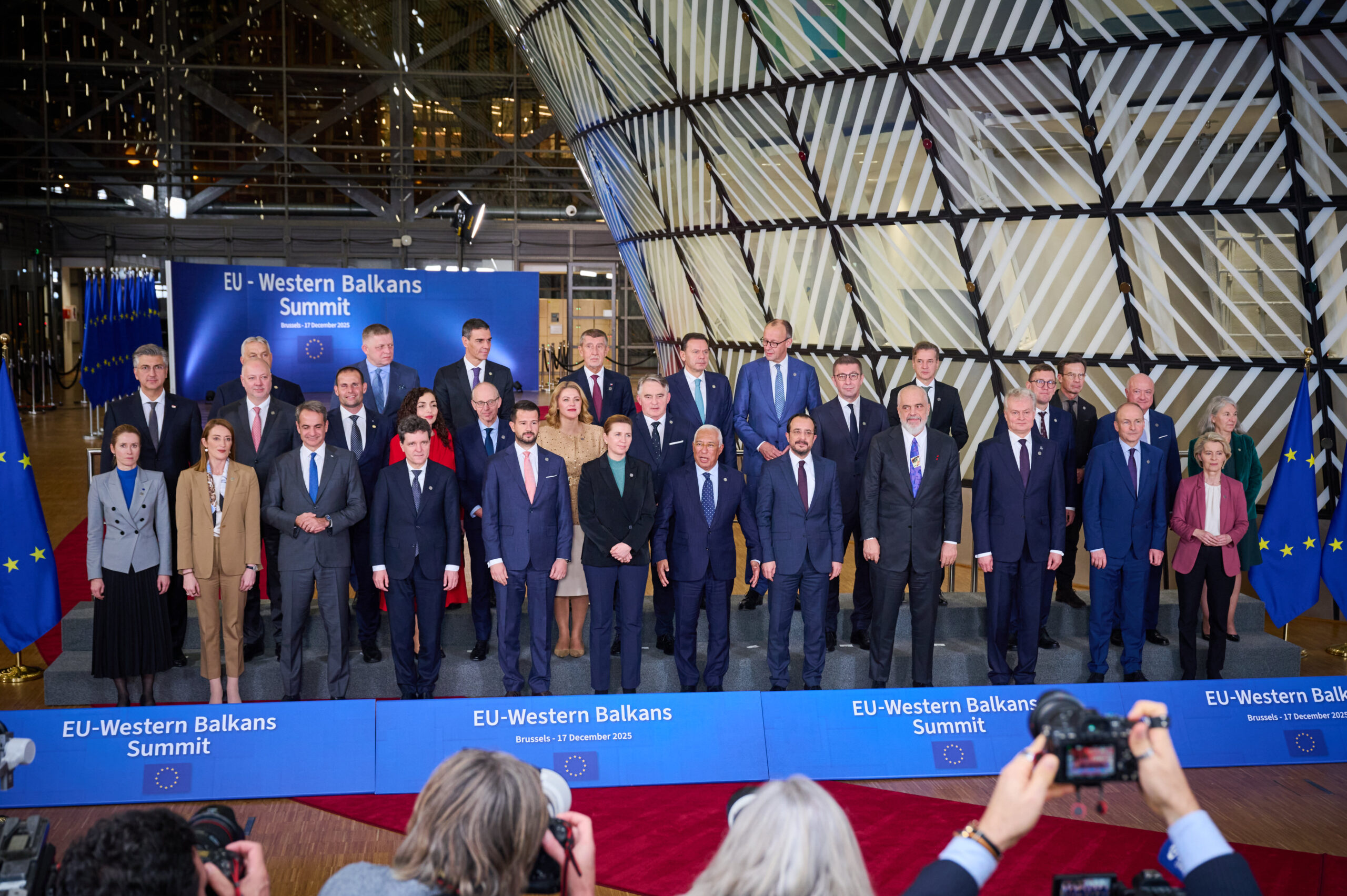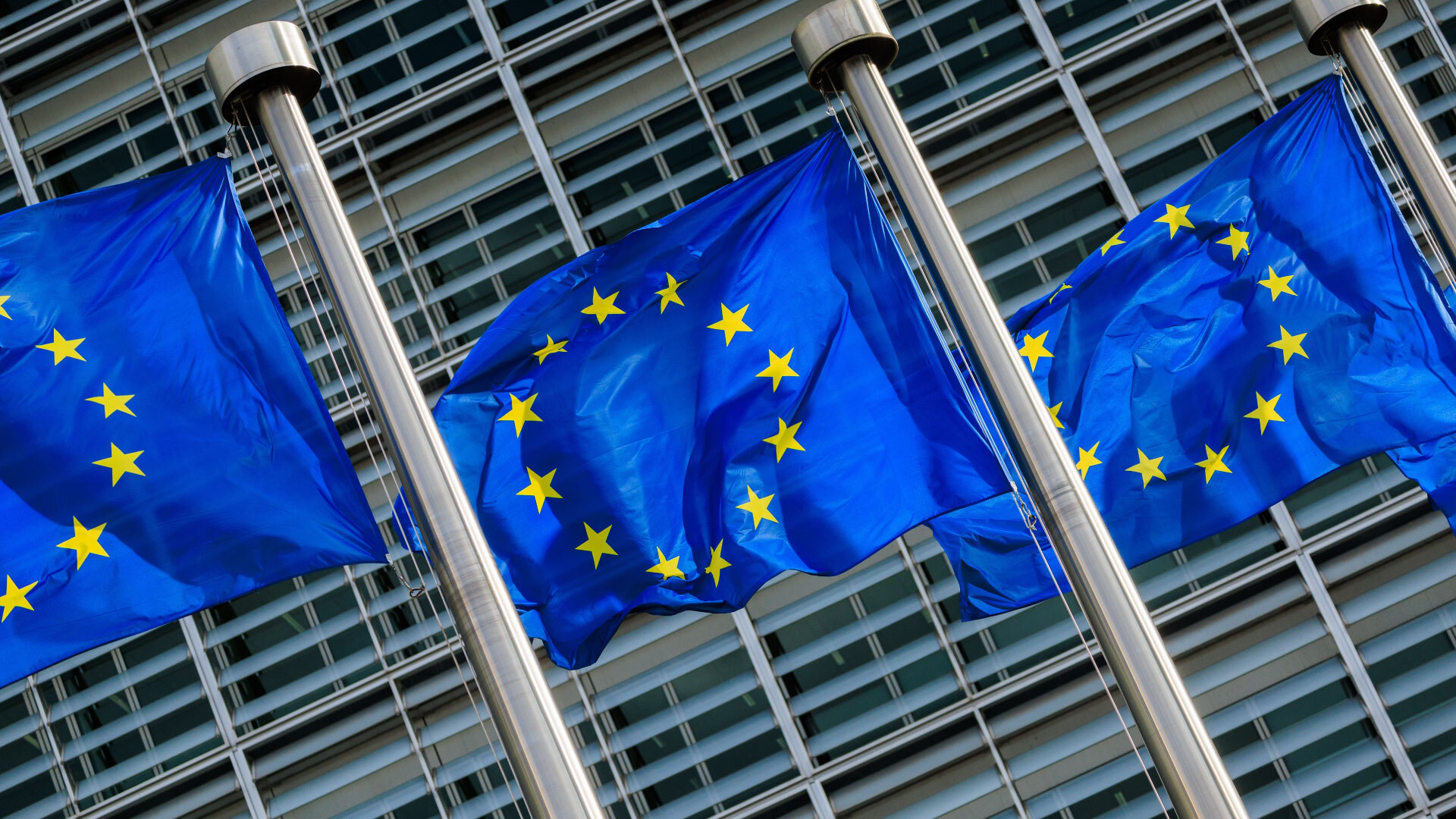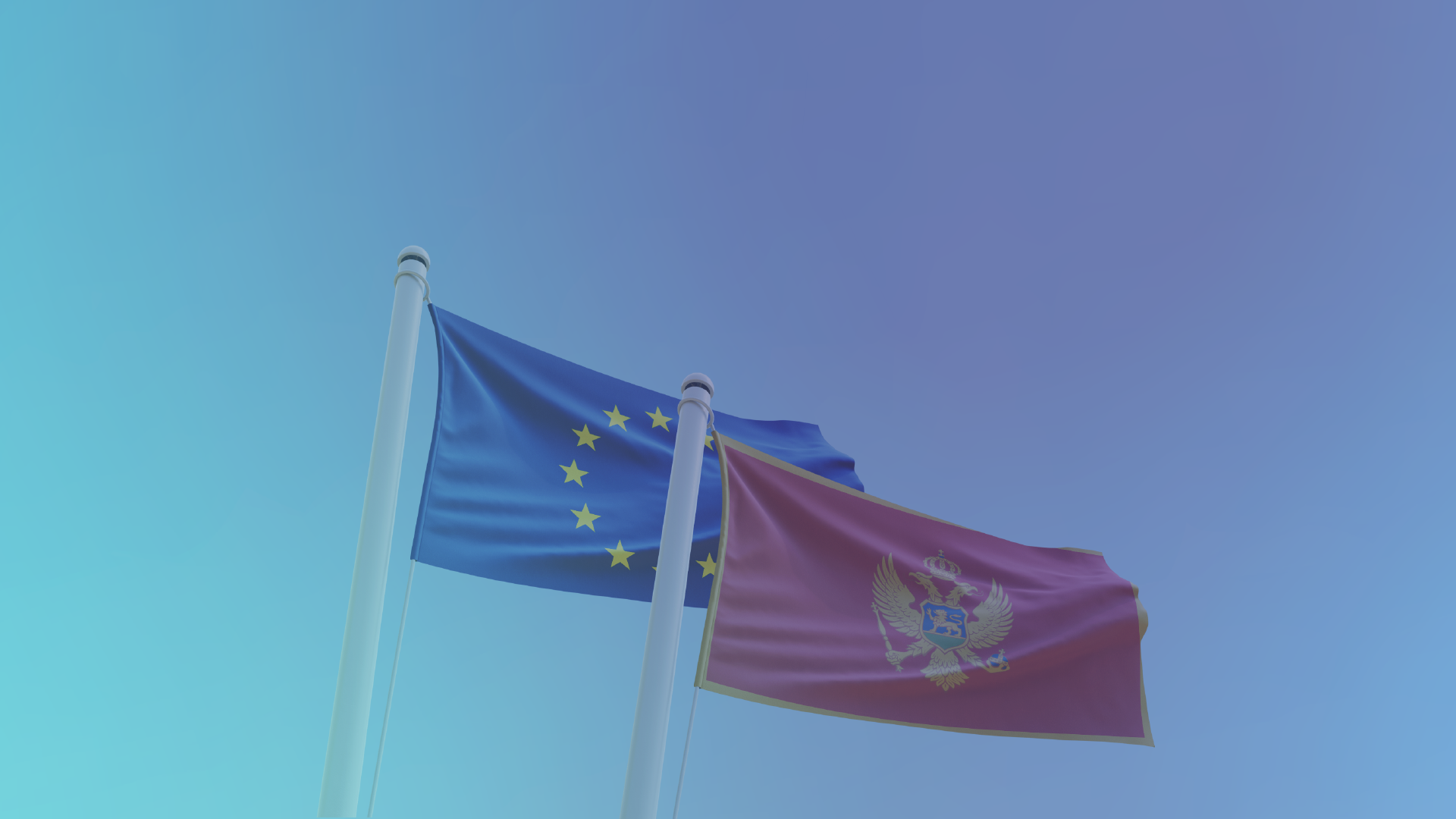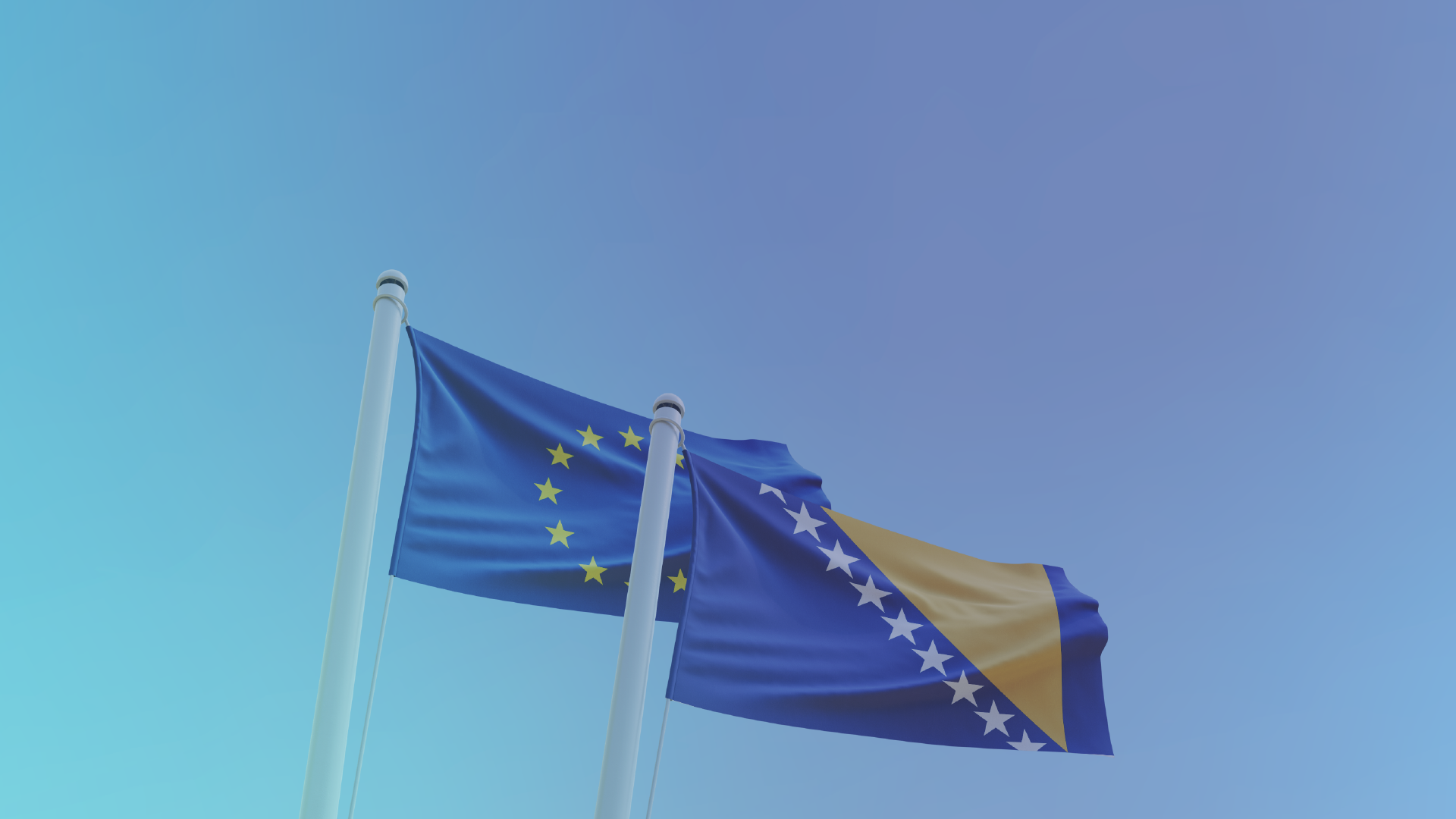Western Balkans Leaders’ meeting in Tirana takes stock of EU Growth Plan progress two years after its adoption

Western Balkans Leaders’ meeting in Tirana takes stock of EU Growth Plan progress two years after its adoption
Today, Commissioner for Enlargement Marta Kos and the leaders of the six Western Balkans partners (Albania, Bosnia and Herzegovina, Kosovo, Montenegro, North Macedonia and Serbia) met in Tirana to assess progress under the EU’s Growth Plan for the Western Balkans and discuss priorities going forward. Two years after its adoption, the Growth Plan has delivered significant results, driving reforms that prepare partners for EU membership, and bringing tangible economic benefits to citizens and businesses alike.
Partners advancing reforms under the Growth Plan
The Growth Plan, backed by a €6 billion Reform and Growth Facility, supports the Western Balkan partners in pursuing ambitious reforms to advance towards EU accession. All beneficiaries have adopted their Reform Agendas, and the final outstanding Reform Agenda of Bosnia Herzegovina is expected to be approved by the Commission still this month.
The implementation of the endorsed Reform Agendas is in full swing, with progress on about 85% of reform steps due in 2025.
For instance, Albania advanced on fair taxation with a full review of tax exemptions and new tools to detect undeclared wealth. It also approved a digitalisation roadmap for the cadastre to computerise all ownership titles and maps by 2028 and introduced a new active labour market programme for vulnerable jobseekers with the support of civil society partners. Montenegro strengthened social services with a funded strategy guaranteeing minimum support, aligned its renewable energy certification system to EU standards, and launched long-term renovation plans for public buildings. North Macedonia advanced on informal economy reforms conducive to carry out hundreds of targeted inspections in high-risk sectors and identifying 526 unregistered workers. It also modernised its digital and cybersecurity framework by aligning to EU laws on network security and electronic identification.
These achievements show that the performance-based approach is already producing results with an impact on citizens in the region.
Following progress on reforms, Reform and Growth Facility funds were released in 2025, totaling €414 million. So far, €164 million have been released to Albania, €45 million to Montenegro, and €76 million to North Macedonia. Serbia’s pre-financing of €111 million was also released and two payment requests are currently being assessed by the Commission. Kosovo and Bosnia Herzegovina have not yet received any funds. Kosovo has yet to ratify the Facility and Loan Agreements. Bosnia and Herzegovina’s Reform Agenda will be soon endorsed by the European Commission. It is important that the beneficiaries ensure full implementation of the reforms within the committed calendar.
Moreover, the importance of completing the transport corridors in the region to promote regional integration and integration in the EU was recalled. For instance, Corridor VIII connecting North Macedonia with Bulgaria is of great strategic importance for the countries, the region, and the EU. In this context, the Commission welcomes the signature of the Memorandum of Understanding between North Macedonia and Bulgaria on the cross-border railway tunnel.
Moving towards deeper Single Market integration
Tangible progress has also been made in the gradual integration of the Western Balkan partners in the EU Single Market. In October 2025, 32 banks from Albania, Montenegro, and North Macedonia joined the Single European Payment Area (SEPA) schemes, allowing citizens and businesses to make euro payments to the EU at the same speed, cost and convenience as domestic payments. In addition, Serbia joined the geographical scope of SEPA in May 2025.
In 2025, seven European Digital Innovation Hubs (EDIHs) were established across Albania, Kosovo, Montenegro, North Macedonia, and Serbia, to support the digital transformation of local enterprises.
As of October 2025, Serbia and North Macedonia host AI Factory Antennas, which give the region’s companies access to Europe’s cutting-edge artificial intelligence infrastructure.
As of 1 November, Montenegro is part of the Common Transit Convention (CTC) and will start implementing the New Computerised Transit System, while Albania and Bosnia and Herzegovina continue their preparations for acceding the Convention. North Macedonia has been part of the CTC since 2015 and Serbia since 2016.
Furthermore, thanks to the WiFi4WB initiative, 394 municipalities in the region will benefit from WiFi hotspots, with the first ones already becoming operational by the end of this year.
Moreover, following a series of voluntary agreements with telecom operators from the EU and the region, the Commission will support the Western Balkan partners’ integration in the EU’s ‘Roam Like at Home’ area by preparing bilateral agreements and by assisting partners in their alignment towards roaming-relevant acquis.
Next steps
Building on the positive momentum, the Western Balkans leaders agreed to intensify reform efforts and reaffirmed their political commitment to forging broad national consensus to adopt key measures rigorously and on time. They also agreed to reinforce the involvement of civil society in the implementation of the Growth Plan, and to strengthen the communication and visibility efforts to ensure citizens and businesses see the Growth Plan’s concrete benefits and understand the reforms it entails.
For more information



